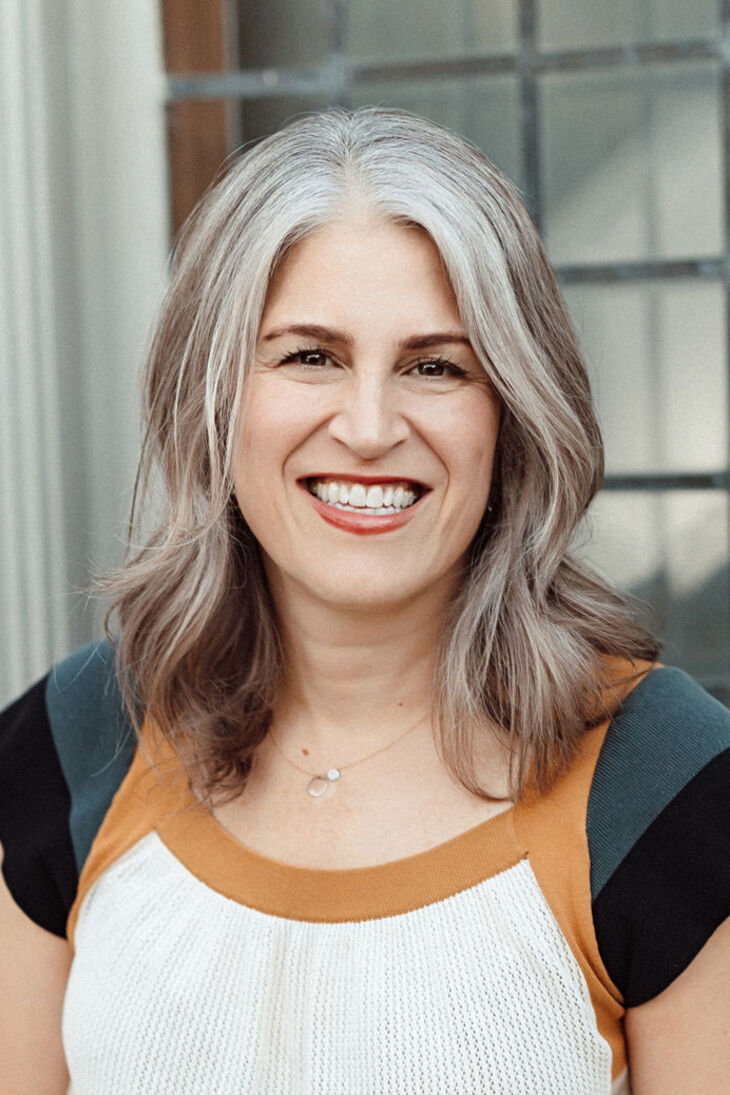Carolyn Gunther

Dr. Carolyn Gunther is a tenured associate professor in the Martha S. Pitzer Center for Women, Children, and Youth in the College of Nursing at The Ohio State University. She also serves as director of the Office of Community Outreach and Engagement in the College of Nursing. In addition, she’s a clinical associate professor of pediatrics in The Ohio State University Wexner Medical Center. Dr. Gunther joined the Ohio State faculty in 2012, and completed her doctoral training in nutritional sciences at Purdue University.
Dr. Gunther is a classically trained nutrition scientist with a background that spans the scholarly breadth of the nutrition discipline – basic, clinical and applied. The common thread across the three domains is the focus on nutritionally vulnerable populations, particularly racial minority caregivers and children residing in low-income urban neighborhoods. The specific focus of her research is discovery of new knowledge surrounding one of today’s most pressing public health nutrition issues – overweight and obesity among underserved children and youth. Through intervention and observational research that is both independent and collaborative in nature, her team is investigating the behavioral and environmental factors that influence a child’s risk for obesity. Findings generated from her work have direct implications in federal and state policy and programmatic reform. Dr. Gunther has authored or co-authored more than 30 peer-reviewed journal articles in this area of inquiry, and her research is supported by competitive grants from the public and private sector. She has received a number of prestigious awards honoring her professional accomplishments including the 2019 Faculty Fellowship by the Academy of Nutrition and Dietetics Foundation. She also serves on the editorial board of peer-reviewed journals, including Childhood Obesity and Nutrition Reviews.
News
Discover 5 reasons why becoming a nursing educator may be the next step in your career and how to make it a reality.
The Ohio State University is the No. 1 producer of Fulbright U.S. Scholars for the 2025-26 academic year among all colleges and universities in the United States, with 12 selected for the prestigious award.


